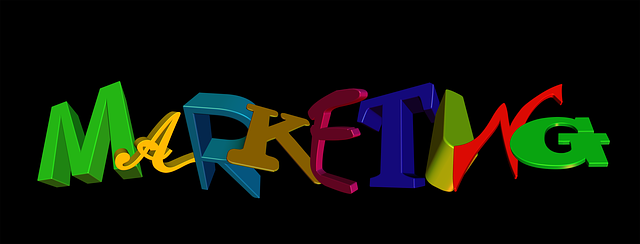AI guest behavior prediction tools have transformed smart contract automation for businesses, analyzing historical data like preferences, bookings, and reviews to predict future guest actions with high accuracy. This enables companies to offer personalized services, manage processes efficiently through dynamic pricing and automated tasks, and stay competitive by providing hyper-personalized experiences. AI smart contract automation leverages advanced algorithms and machine learning to streamline various business functions, including contract management, using AI models trained on collected data for precise predictions like extended stay durations without manual input. While implementing AI in smart contracts enhances efficiency and security, challenges include data privacy, interpretability of decisions, and ethical considerations, requiring careful design and robust security measures.
“Unleash the potential of AI in revolutionizing business operations with smart contract automation. This comprehensive guide explores AI guest behavior prediction tools, their role in enhancing customer experiences, and their seamless integration into smart contracts. Discover how these advanced algorithms anticipate guest preferences, personalizing interactions and streamlining processes.
From understanding predictive analytics to harnessing its power in automated contracts, this article offers insights into the benefits, challenges, and best practices of implementing AI technology.”
- Understanding AI Guest Behavior Prediction Tools
- How AI Business Smart Contract Automation Works
- Benefits and Challenges of Implementing AI in Smart Contracts
Understanding AI Guest Behavior Prediction Tools

AI guest behavior prediction tools have emerged as powerful solutions for businesses aiming to optimize their operations through smart contract automation. These tools leverage advanced machine learning algorithms to analyze vast amounts of historical data, such as guest preferences, booking patterns, and reviews, in order to predict future behaviors with remarkable accuracy. By understanding guest intents and trends, businesses can proactively tailor services and offerings, enhancing the overall guest experience.
The integration of AI guest behavior prediction tools within smart contracts streamlines various processes, including personalized welcome messages, dynamic pricing strategies, and automated task assignments. This not only improves efficiency but also reduces human error, ensuring that every interaction with guests is seamless and data-driven. As technology advances, these tools will continue to evolve, enabling businesses to stay ahead in the competitive landscape by delivering hyper-personalized experiences.
How AI Business Smart Contract Automation Works

AI Business Smart Contract Automation leverages advanced algorithms and machine learning models to streamline and automate various business processes, with a significant focus on contract management. This technology predicts and analyzes guest behavior using AI guest behavior prediction tools, enabling businesses to create self-executing smart contracts. By understanding patterns in guest interactions and preferences, AI systems can automatically trigger specific actions within a contract, such as sending personalized offers or adjusting pricing based on demand.
The process starts with data collection from various sources, including customer interactions, purchase history, and real-time behavior tracking. This data is then fed into AI models that learn and adapt over time. Once trained, these models can identify trends and correlations, allowing for precise predictions. For instance, an AI system might predict that a guest is likely to extend their stay based on past bookings and recent activity, automatically adjusting the contract terms accordingly without manual intervention.
Benefits and Challenges of Implementing AI in Smart Contracts

Implementing Artificial Intelligence (AI) in smart contracts offers a multitude of benefits, enhancing efficiency and security in business transactions. AI guest behavior prediction tools can analyze vast datasets to anticipate actions and outcomes, ensuring smoother processes. For instance, AI can predict potential risks or delays in contract execution, allowing for proactive measures. By automating repetitive tasks, AI streamlines workflows, reducing human error and increasing overall speed. This technology also facilitates more secure agreements by implementing robust risk assessment models, thereby mitigating potential losses.
However, challenges accompany the adoption of AI in smart contracts. Data privacy and security concerns are paramount, as AI systems rely on sensitive information. Ensuring that data is handled ethically and securely is crucial to maintaining trust. Additionally, the interpretability of AI decisions poses a challenge, especially in legal contexts where transparency is vital. As AI algorithms operate based on complex models, understanding their reasoning can be difficult. Overcoming these challenges requires careful design, robust security measures, and ongoing research to ensure AI systems in smart contracts serve as reliable tools for business automation while adhering to ethical standards.
AI guest behavior prediction tools offer a promising way to enhance smart contract automation, ensuring efficient and secure business processes. By understanding guest behavior and leveraging AI, companies can streamline their operations, reduce errors, and make data-driven decisions. However, challenges such as privacy concerns and the need for robust data training must be addressed to unlock the full potential of this technology. As AI continues to evolve, its integration into smart contracts will likely revolutionize business interactions, creating a more transparent and automated future.
